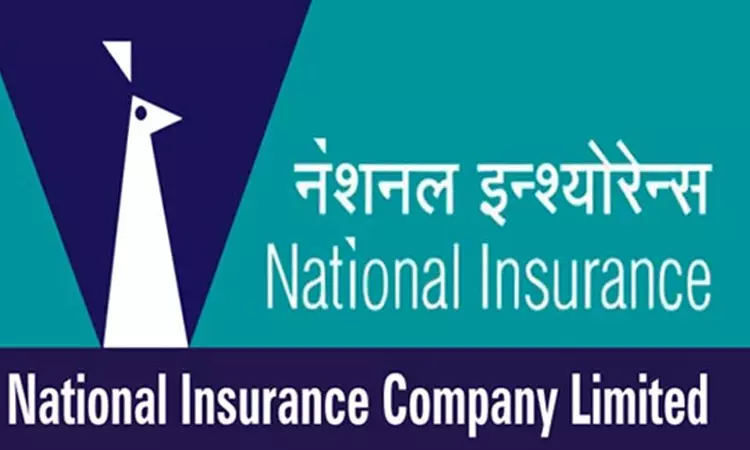Next Story
4 Jun 2024 4:15 PM IST
The National Consumer Disputes Redressal Commission, presided by Subhash Chandra and Sadhna Shanker(member), in an appeal against National Insurance Company, held that an insurance contract cannot be concluded if a cheque given as a premium has not been encashed. Furthermore it was held that a cheque not being encashed due to the insured's fault is similar to the premium not...

